Keywords: Memoir
There are more than 24 results, only the first 24 are displayed here.
Become a subscriber for more search results.
-

ARTS AND CULTURE
- Andrew Hamilton
- 02 May 2025
In an era of reflex opinion and vanishing accountability, moral seriousness can seem an anachronism. Yet history teaches that ideas — and the people who defend them — shape lives and nations.
READ MORE 
-
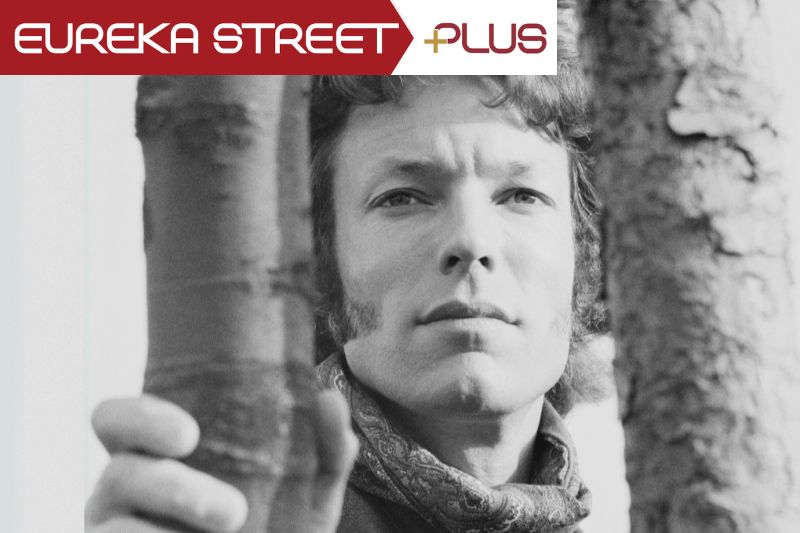
ARTS AND CULTURE
- Peter Craven
- 11 April 2025
Before heartthrobs became brand names, there was Richard Chamberlain. A matinee idol with the soul of a serious actor, he rose to fame as Dr. Kildare, sought after Shakespeare, and stole scenes from Gielgud. His legacy is a portrait of quiet yearning — for love, for truth, for artistic respect.
READ MORE 
-
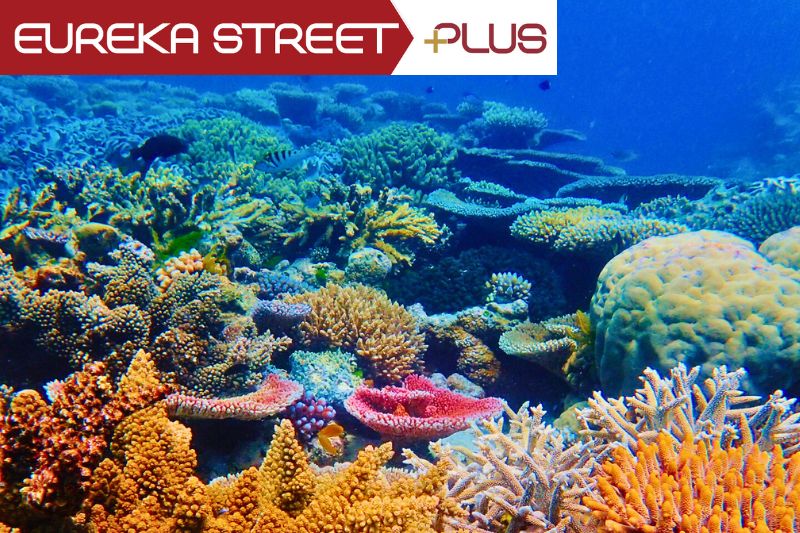
ENVIRONMENT
- Michele Gierck
- 28 February 2025
Dr. Paul Hardisty has spent years chronicling the Great Barrier Reef—not just its breathtaking beauty, but its battles for survival. In In Hot Water, he traces a century of near-misses and looming catastrophe, from oil drilling threats to climate-driven bleaching, revealing the fragile, high-stakes fight to save the world’s largest coral ecosystem.
READ MORE 
-
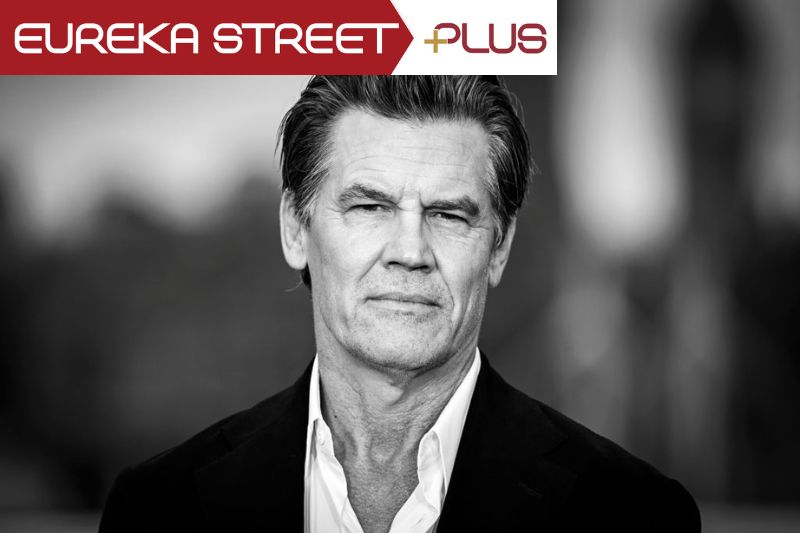
ARTS AND CULTURE
- Peter Craven
- 31 January 2025
Somewhat surprisingly, actor Josh Brolin is, in his way a born writer. In his new memoir, he succeeds in taking conversations of the most ordinary kind and bringing them to life, recounting oddly spellbinding encounters with figures like Cormac McCarthy, conjuring up the voices in narrative brimming with humour, vulnerability, and grace.
READ MORE 
-
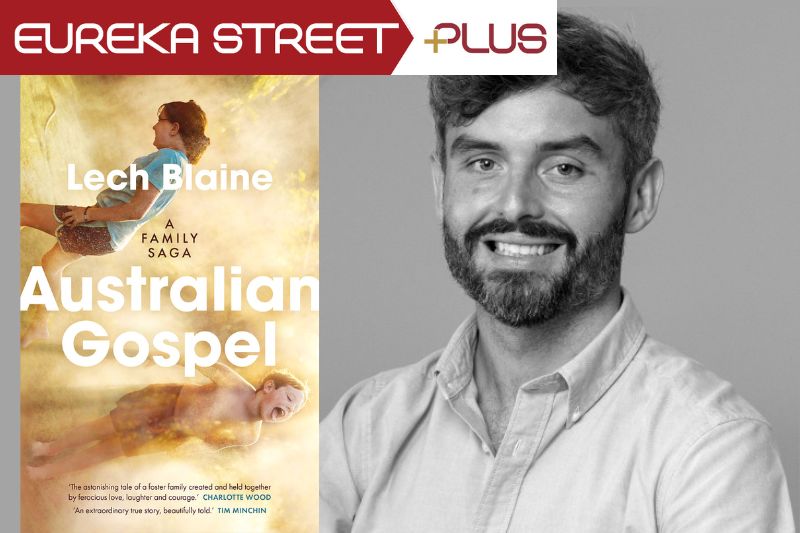
ARTS AND CULTURE
- Ken Haley
- 12 December 2024
Lech Blaine’s Australian Gospel is a quintessentially Australian tale of faith, family, and identity. Blaine explores the fractures of belief and belonging in an effervescent and vivid work of creative nonfiction. But where does the ‘non-’ stop and the ‘fiction’ begin?
READ MORE 
-
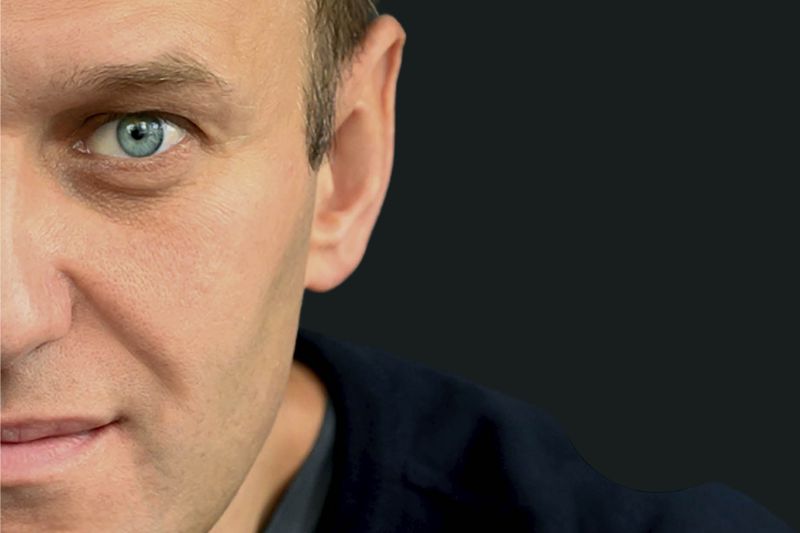
ARTS AND CULTURE
- Danielle Terceiro
- 12 December 2024
Navalny’s memoir Patriot was released last month. Written in prison, it is a testament to Navalny’s deliberate practice of a forward-looking hope for the future, even though he was certain that he would not outlive his sentences. Surprisingly, the book is full of humour.
READ MORE
-

ARTS AND CULTURE
- Peter Craven
- 08 November 2024
Al Pacino is an actor we’re inclined to take for granted, given his presence in some of the greatest popular films of the last half century, not least his Michael Corleone in Coppola’s Godfather trilogy, which revealed an actor of extraordinary stature. Sonny Boy is a consistently diverting and illuminating book by a man who has little pomp and circumstance about him.
READ MORE 
-
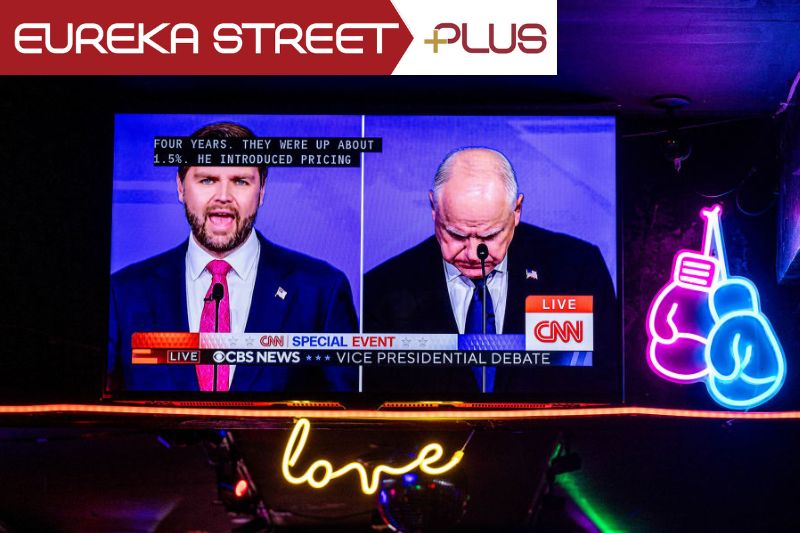
INTERNATIONAL
- Peter Craven
- 09 October 2024
With moments of shared perspective and common ground, the weird thing about the CBS debate the debate between the two putative vice-presidents, J.D. Vance and Tim Walz, was how civil and considerate it was and (in its way) how impressive.
READ MORE 
-
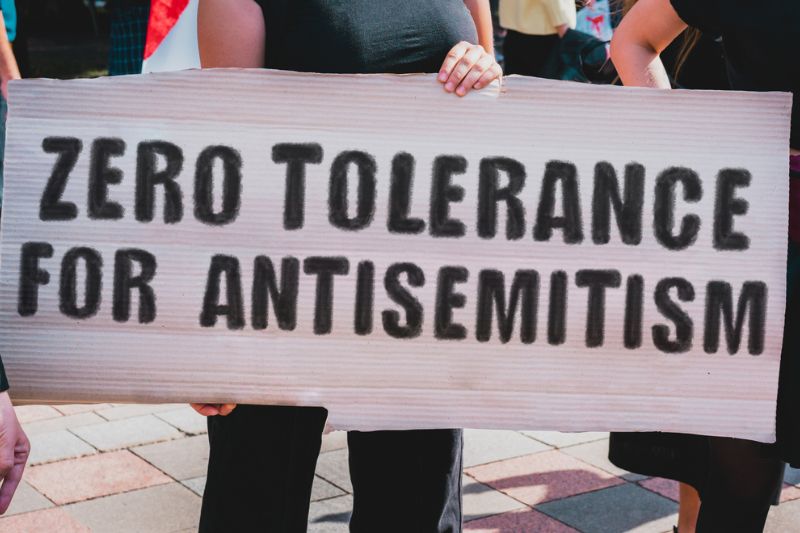
AUSTRALIA
- Erica Cervini
- 03 October 2024
11 Comments
From hostile rhetoric on campuses to targeted attacks against Jewish individuals and businesses, instances of antisemitic behaviour have spiked since last October. Understanding its implications is crucial for safeguarding communities.
READ MORE
-
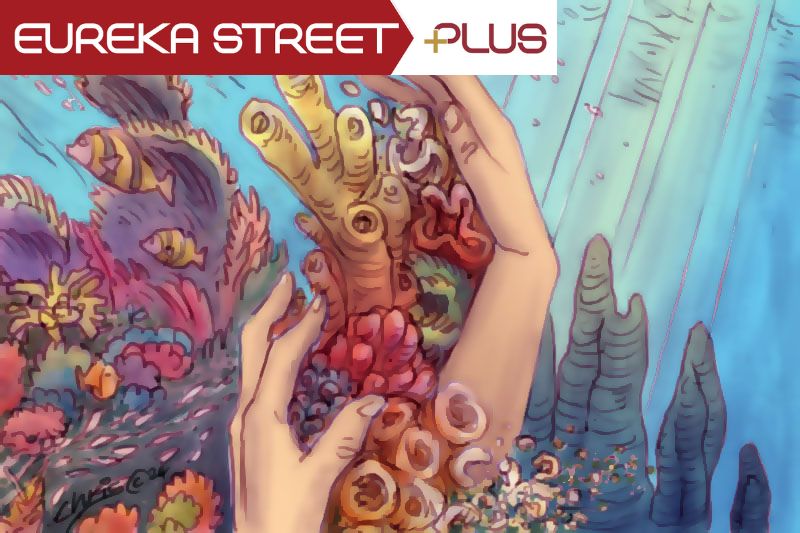
ENVIRONMENT
- Michele Gierck
- 31 August 2024
As rising sea temperatures trigger widespread coral bleaching across the Great Barrier Reef, marine scientists explore the devastating effects and do what they can to restore these vital ecosystems.
READ MORE 
-
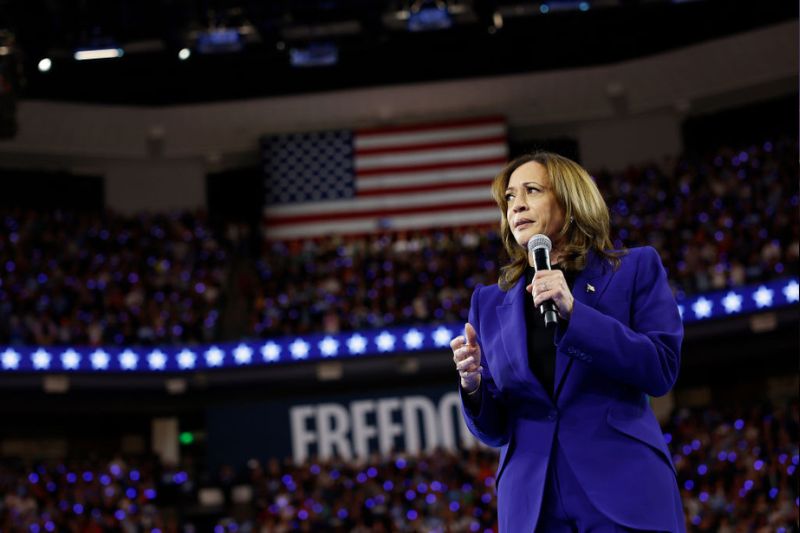
INTERNATIONAL
- Sarah Klenbort
- 21 August 2024
2 Comments
For a nation ‘conceived in liberty’, much of how this U.S. election will play out will hinge on different understandings of the word ‘freedom’, a term that has two distinct and separate meanings depending on whether the person you’re asking votes red or blue.
READ MORE
-
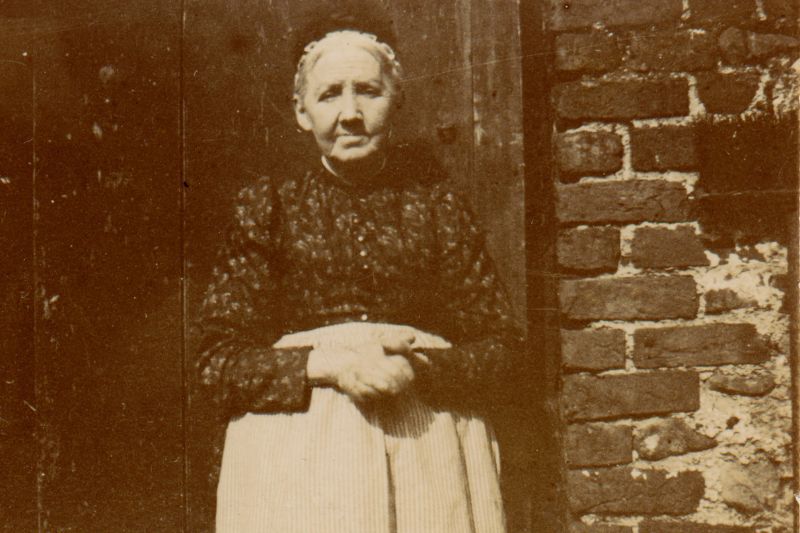
AUSTRALIA
- Barry Gittins
- 20 August 2024
3 Comments
Emma's story offers an unflinching glimpse into the brutality of colonial Australia. While it’s worth celebrating the undeniable social progress made since Emma braved the voyage to Australia, we must resist the temptation to see our history of violence as consigned to the past.
READ MORE